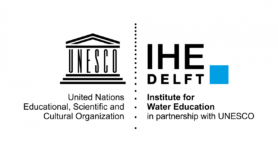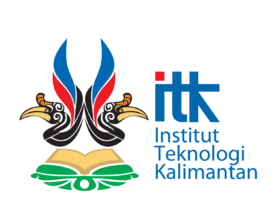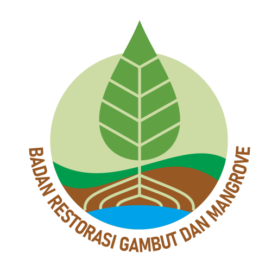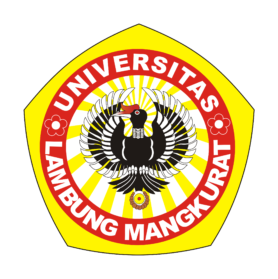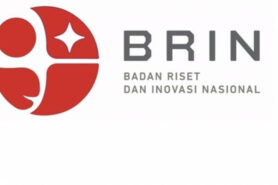Project Summary
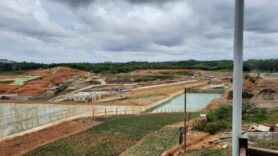
The Indonesian government’s declaration to relocate its national capital city from Jakarta to the forest highlands of eastern Kalimantan has become contentious. Through an innovative ‘Forest City’ masterplan, proponents argue that the capital city relocation decentralises development opportunities and alleviates Jakarta’s environmental problems. Critics contend however that not only does the relocation leave Jakarta’s problems unsolved, the new city will negatively impact Kalimantan’s ecosystem and societies. Both arguments fail to address how the new Forest City might lead to sustainable and inclusive urbanisation.
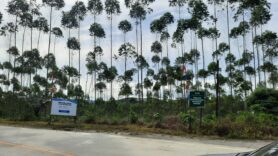 Although implementing the masterplan has been delayed due to the pandemic, the impacts of Forest City planning and development are already evident in Kalimantan through new forms of land speculation and encroachment, a resource boom and new infrastructure planning. Moreover, frontier expansion is expected to continue and generate ecological and social dynamics after the city’s planned 2024 inauguration and far beyond the formally planned urbanisation frontier. To achieve ecological sustainability, disaster risk reduction and socio-economic inclusion in Kalimantan and beyond, it is therefore urgent to establish a
Although implementing the masterplan has been delayed due to the pandemic, the impacts of Forest City planning and development are already evident in Kalimantan through new forms of land speculation and encroachment, a resource boom and new infrastructure planning. Moreover, frontier expansion is expected to continue and generate ecological and social dynamics after the city’s planned 2024 inauguration and far beyond the formally planned urbanisation frontier. To achieve ecological sustainability, disaster risk reduction and socio-economic inclusion in Kalimantan and beyond, it is therefore urgent to establish a
framework to study already emerging and future impacts of Forest City planning and development.
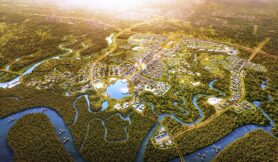 Through a highly inter-and-transdisciplinary approach and based on solid existing Indonesian-Dutch research collaboration, this project actively contributes to the global agenda for sustainable and inclusive urban development worldwide as well as the Indonesian government’s commitment to strengthen societal resilience and sustainable development in Indonesia.
Through a highly inter-and-transdisciplinary approach and based on solid existing Indonesian-Dutch research collaboration, this project actively contributes to the global agenda for sustainable and inclusive urban development worldwide as well as the Indonesian government’s commitment to strengthen societal resilience and sustainable development in Indonesia.
Keywords: frontier, impact, inclusion
Objective
- Generate knowledge on processes and impacts that a mega-project and its frontiers create beyond the planned project area
- Develop capacity of local researchers and citizens by strengthening existing research infrastructure
- Establish a multi-stakeholder platform to co-design tools to assess impacts and suggest short- and long-term solutions to ensure sustainability and inclusivity of planned and unplanned urbanization
Research Partners


